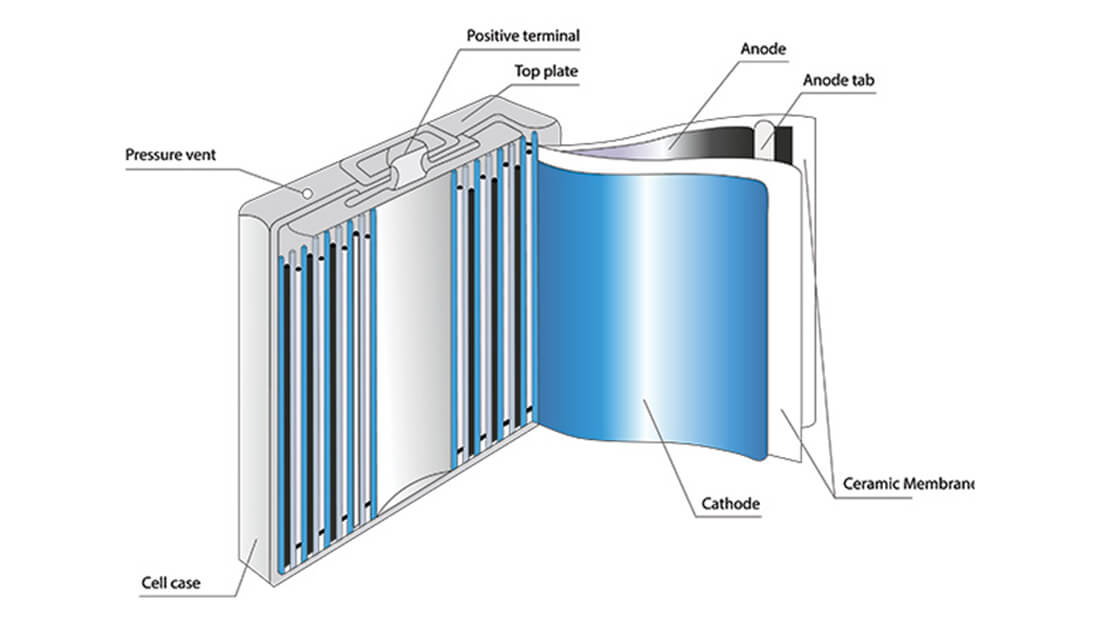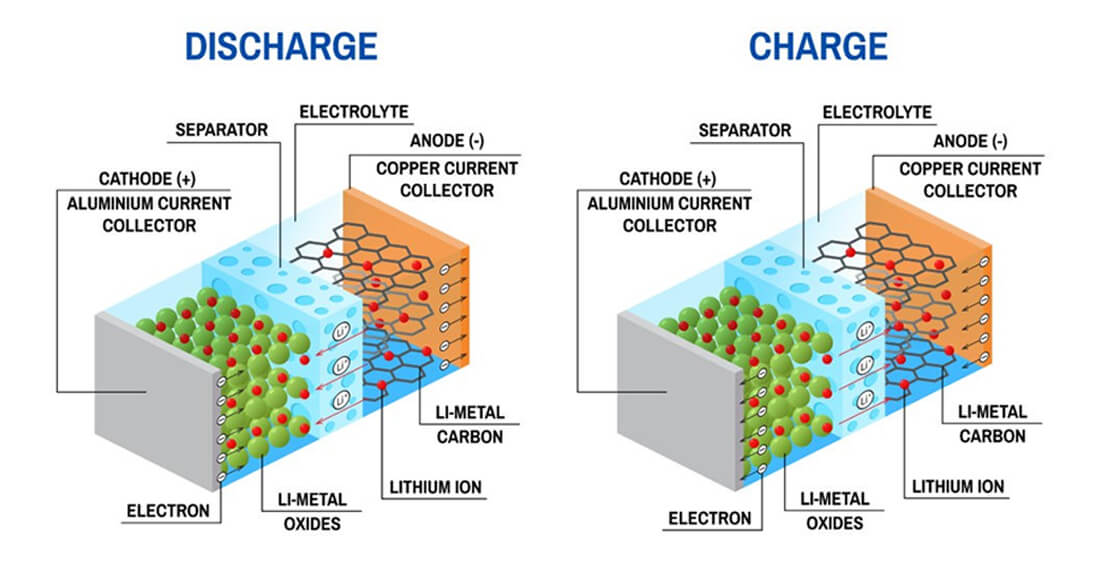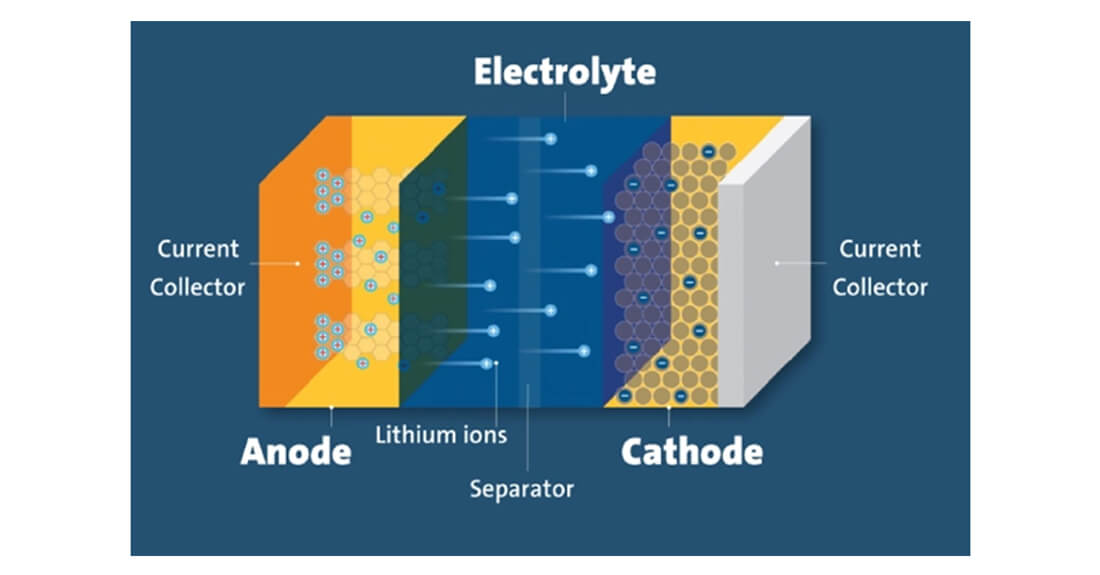Contents:
What Is a LiFePO4 Battery?
Factors to Consider When Choosing a LiFePO4 Battery
- 1. Capacity and Voltage
- 2. Cycle Life
- 3. Battery Management System (BMS)
- 4. Temperature Tolerance
- 5. Weight and Size
- 6. Brand Reputation and Warranty
Top Recommended LiFePO4 Battery Models
Conclusion
FAQ
Choosing the right LiFePO4 (Lithium Iron Phosphate) battery can be a challenging task, especially with the growing number of options available on the market. Whether you are looking for reliable energy storage for solar systems, electric vehicles, or off-grid applications, selecting the best LiFePO4 battery requires careful consideration. This article will guide you through the key factors to determine which LiFePO4 battery is better for your needs.

LiFePO4 batteries are a type of lithium-ion battery that use lithium iron phosphate as the cathode material. These batteries are known for their safety, long cycle life, and high thermal stability, making them ideal for energy storage and high-power applications. Compared to other lithium-ion batteries, such as NMC (Nickel Manganese Cobalt), LiFePO4 batteries are more durable and have a lower risk of thermal runaway.

1. Capacity and Voltage
The first step in selecting the right battery is to determine your energy requirements. LiFePO4 batteries come in various capacities, typically ranging from 50Ah to over 300Ah. The capacity of the battery is important because it determines how much energy it can store and how long it will last during use. Voltage is equally crucial, with common LiFePO4 battery voltages being 12V, 24V, and 48V. Match the battery's voltage with your system's specifications to ensure compatibility.
For example, if you're running a solar energy system, you might require a 48V battery pack to handle higher power demands. Meanwhile, smaller applications like RVs or boats may only need a 12V system.
2. Cycle Life
One of the main advantages of LiFePO4 batteries is their long cycle life. A typical LiFePO4 battery can last between 2,000 and 6,000 cycles, depending on the brand and usage conditions. If longevity is a priority, opt for a battery with a higher cycle life, which means it can go through more charge and discharge cycles before its capacity starts to degrade. This is particularly important for off-grid and renewable energy systems where the battery may be used daily.
3. Battery Management System (BMS)
A reliable Battery Management System (BMS) is essential for monitoring the health and performance of your LiFePO4 battery. The BMS protects the battery from overcharging, over-discharging, and overheating, ensuring it operates safely and efficiently. When choosing a LiFePO4 battery, make sure it includes a high-quality BMS, especially if you plan to use it in harsh or unpredictable environments.
4. Temperature Tolerance
LiFePO4 batteries perform well in a wide range of temperatures, but extreme conditions can affect their efficiency. If you are planning to use the battery in very cold or hot climates, check the manufacturer’s specifications for temperature tolerance. Some batteries are equipped with a built-in heating system to operate effectively in sub-zero temperatures, while others may have enhanced cooling features for use in hot conditions.
5. Weight and Size
The size and weight of the battery are essential factors, especially for mobile applications like RVs, boats, or electric vehicles. LiFePO4 batteries are lighter and more compact compared to traditional lead-acid batteries, making them a better choice for space-constrained applications. If portability is important, consider choosing a lighter model without compromising on capacity.
6. Brand Reputation and Warranty
Choosing a well-established and trusted brand is important when purchasing a LiFePO4 battery. Well-known brands such as EVE, CALB, and CATL have established reputations for producing reliable, high-quality LiFePO4 batteries. Additionally, make sure to choose a battery with a solid warranty—typically ranging from 3 to 10 years. This will give you peace of mind, knowing the manufacturer stands behind their product.

Here are a few high-performing LiFePO4 battery options that are well-regarded in the industry:
- EVE LF280K (280Ah): Known for its high capacity, long cycle life, and competitive pricing, this model is ideal for large-scale energy storage systems. The 280Ah capacity makes it perfect for solar power and off-grid solutions.
- CALB CA100 (100Ah): This battery offers an excellent balance of capacity and cycle life, making it suitable for both residential and commercial use. Its compact design also makes it a popular choice for mobile energy storage systems.
- Battle Born 100Ah 12V: A popular choice for RVs, boats, and smaller solar setups. This model includes an integrated BMS and offers over 3,000 cycles, ensuring years of reliable service.
Selecting the best LiFePO4 battery depends on understanding your specific energy needs, application, and budget. Consider factors like capacity, cycle life, temperature tolerance, and the quality of the BMS when making your decision. Brands like EVE, CALB, and Battle Born offer reliable choices that cater to a wide range of applications, from solar power systems to electric vehicles.
By carefully evaluating these factors, you’ll be able to find a LiFePO4 battery that provides optimal performance, longevity, and safety for your energy storage needs.
FAQ
1. Are LiFePO4 batteries safer than other lithium-ion batteries?
Yes, LiFePO4 batteries are known for their high safety due to stable chemistry, making them less likely to overheat or catch fire compared to other lithium-ion types.
2. Can I replace a lead-acid battery with a LiFePO4 battery?
Yes, LiFePO4 batteries are great replacements for lead-acid. They are lighter, last longer, and have higher energy efficiency but may require adjustments in your system.
3. How do LiFePO4 batteries perform in cold weather?
LiFePO4 batteries can handle cold temperatures, but performance decreases in extreme cold. Some models have built-in heaters to ensure optimal performance.
4. What charging methods work best for LiFePO4 batteries?
LiFePO4 batteries perform best with chargers specifically designed for lithium batteries to ensure proper charging cycles and avoid overcharging.
5. How environmentally friendly are LiFePO4 batteries?
LiFePO4 batteries are more eco-friendly than other lithium-ion types because they contain no toxic heavy metals like cobalt or nickel, and they have a longer life cycle, reducing waste.








